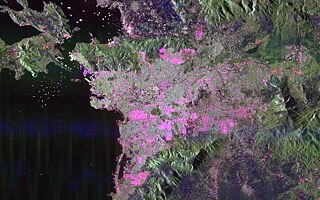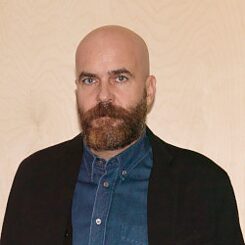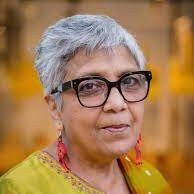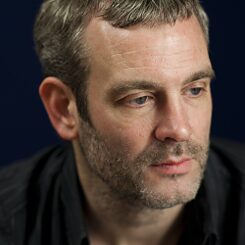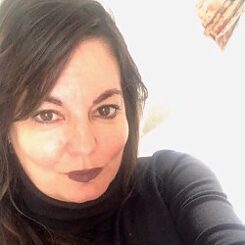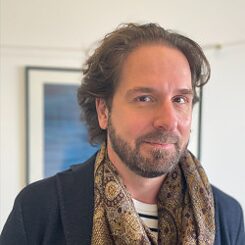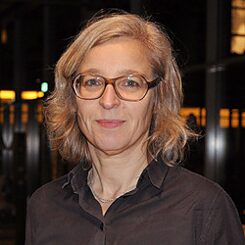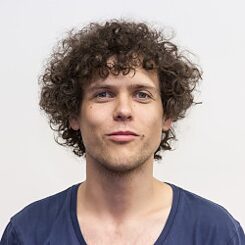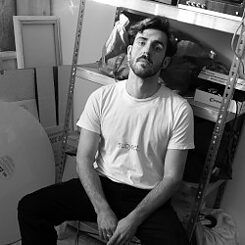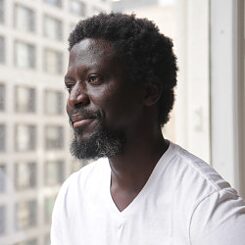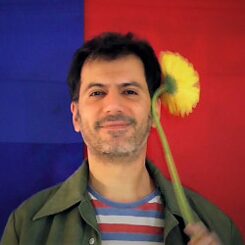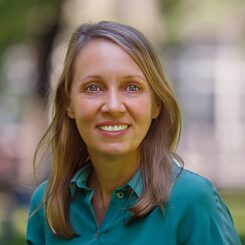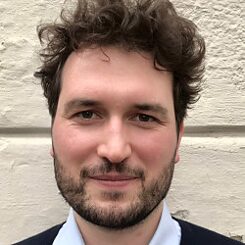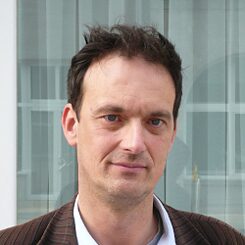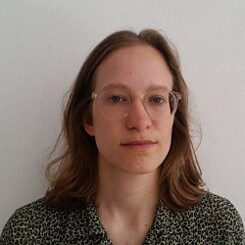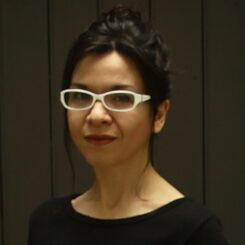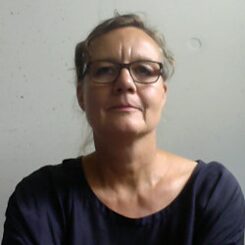Participants
Symposium New Old Properties
5 - 6 May 2022
Goethe-Institut Athen
Andreas Angelidakis
Omar Degan
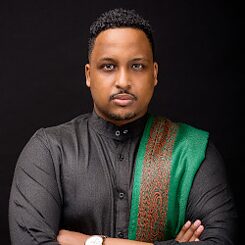 Omar Degan is an Architect, Principal and founder of DO Architecture Group, an architecture office specialized in Emergency contexts, Post-conflict reconstruction and cultural diversity. The principle of his firm, which is based between East Africa-USA and Italy, lies in designing culturally, historically and climatically relevant solutions to social problems around the world, with a particular focus on the most vulnerable communities and minorities. With his work, he seeks to develop new ways to celebrate the cultural identity of the communities around the world through the use of architecture, supporting peace, development and a more sustainable future.
Omar Degan is an Architect, Principal and founder of DO Architecture Group, an architecture office specialized in Emergency contexts, Post-conflict reconstruction and cultural diversity. The principle of his firm, which is based between East Africa-USA and Italy, lies in designing culturally, historically and climatically relevant solutions to social problems around the world, with a particular focus on the most vulnerable communities and minorities. With his work, he seeks to develop new ways to celebrate the cultural identity of the communities around the world through the use of architecture, supporting peace, development and a more sustainable future.Radha D'Souza
Frank Engster
Marina Fokidis
Nikolas Kosmatopoulos
Susanne Leeb
Hendrik Lehmann
Kalas Liebfried
Ibrahim Mahama
Vassilis Noulas
Stefanie Peter
Gabriel Schimmeroth
Andreas Siekmann
Jenny Stupka
Constantina Theodorou
Kathrin Wildner

